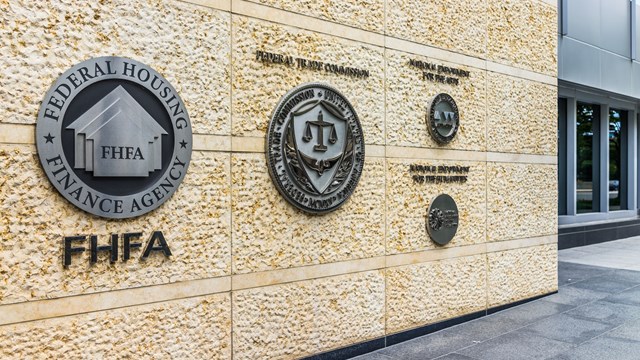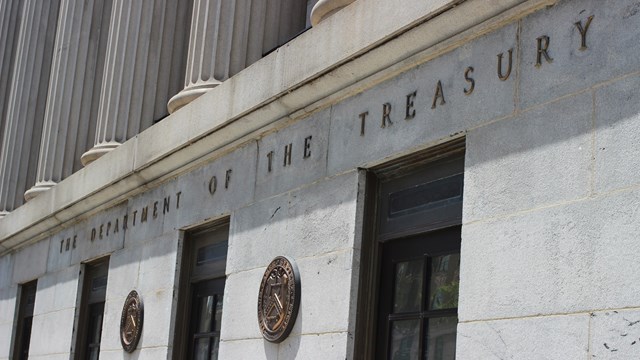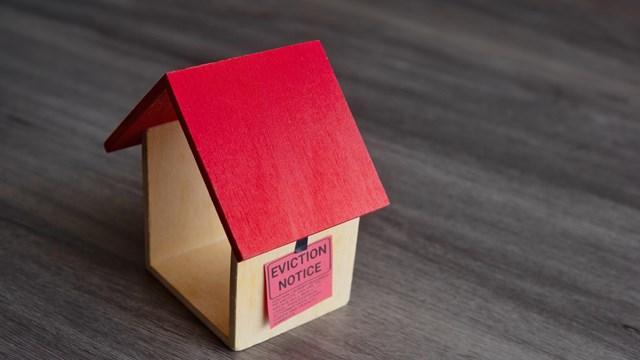Every community association has a legal advisor. Next to the managing agent, this person is perhaps the most important professional that the board of directors and members interact with. Apart from going over day-to-day documents, forms, and authorizations for any number of actions and projects, the attorney also has the job of advising the board and management team on policy and helps them avoid—or survive—litigation.
The Right Person For the Job
Finding the right attorney is perhaps the most crucial step in steering clear of litigation—or finding your way through the maze of the courtroom if a lawsuit should occur. Good legal counsel will also help you on a day-to-day basis with any legal questions that might arise.
The selection and hiring process for a community association's attorney is quite similar to that of hiring any other professional. Bids may or may not be taken, credentials are checked, and interviews with one or more law firms are conducted
"Although managers frequently recommend attorneys, it is the board of directors or trustees who have the authority to retain the attorney," says Michael Karpoff, partner of the Hill Wallack law firm in Princeton. "Some boards will rely upon the recommendations of their managers, but I believe most involve themselves in the selection process."
Although some associations will not take bids, others will make available the scope of work they're looking for so that prospective attorneys may bid. The association will not necessarily take the lowest bid, but rather will closely study the qualifications of each law firm that throws its hat in the ring. Various factors may be considered, including experience, size of firm, ability to provide necessary services, staff size, and price, according to Karpoff.
"You send in your credentials and your fees, and then you'd actually go in for an interview with the board," explains Bruce Freeman, partner of Woehling and Freeman in Westfield. "The board would then select from among the lawyers who had interviewed, based on some threshold qualifications."
Although a board should judge the prospective legal counsel based on the personality of both the firm and the individual lawyer, another factor to look at is how well the lawyer operates in both the boardroom and the courtroom, since some cases do end up in court.
A board should also look at how well the firm/lawyer understand co-op/condo law. An ever-increasing number of cases dealing with condos and co-ops are on the book - according to John J. Lamb, Esq., an attorney for Beattie Padovano LLC, in Montvale, "One of the main [criteria] for selecting an attorney should be the experience of the attorney and whether he/she is familiar with community association law matters. Reputation assists in determining whether the attorney has the necessary experience."
Freeman agrees, adding, "A general practitioner can't be expected to know all the issues that come up in this specific area of law," he says. "You find that the cases where boards did silly things and got rapped on the knuckles by the court are those cases where they're represented by lawyers who don't have the depth of background knowledge. That kind of experience keeps the board out of legal trouble."
Day-to-Day Counsel
Most board members serve in a voluntary capacity and handle their director duties after they put in a nine-to-five at another job. In many cases, the board members have little to no legal expertise and must rely completely on their attorney to answer questions and provide support.
"Board members may not be familiar with legal 'terms of art,'" says Karpoff, "and may not spend an extensive amount of time on association business. That means that attorneys can best serve their clients by anticipating their questions, maintaining objectivity, and—with respect to ongoing matters such as litigation—providing periodic status reports to keep the board members apprised of what is going on."
"Clear and frequent communications between the attorney and the client help the client understand the issues, potential responses and actions, and what the attorney is doing, but they also help the attorney understand what the client's needs are," he adds.
Association attorneys interpret governing documents, provide legal advice, review and draft service and supplier contracts, and represent the association in any litigation that should occur. The attorney should be on hand to make certain that the governing documents of the association (i.e., master deed, bylaws, etc.) protect the board and the unit owners and help the association run as smoothly as possible.
"In general, the attorney's job is to represent the interests of and serve as the advocate for the corporation within the bounds of the law," Karpoff states. "A particularly important task is to help the association operate within the law and thereby avoid legal disputes."
"Simply stated, the single most important task of any association's attorney is to keep the board within the boundaries of their discretion," Freeman adds. "My philosophy is to mark out the boundary line, keep the board on the correct side of it, but really insist on the board making the decisions—inside of that boundary line."
Sometimes the board and/or attorney steps outside of that boundary—and this might fall under the realm of collection problems, breach of contract, employment issues or discrimination cases. When this happens, the board might be held legally accountable for negligence or bad faith. In addition, the attorney will be held liable to their clients, including associations and cooperatives, for professional negligence or malpractice.
"However," Lamb points out, "sometimes the boards do not take the advice of the counsel and may make a decision which causes the association to suffer damage or engage in litigation."
Also, if the board doesn't give their attorney all the pertinent facts when asking for advice, then the attorney can't be held accountable for something going wrong as a result. "Failure to disclose to the attorney all applicable facts—which results in a deficient opinion by the attorney—may immunize an attorney from responsibility," warns Karpoff.
Typically, regular contact is made between the legal counsel and a co-op or condo's managing agent and/or the board's president. The actual amount of time spent and days per week that contact is made depends on the legal experience of the board and the managing agent. Newer communities might not understand certain items that routinely come up until they are more seasoned. Of course, if a board is involved in litigation, it will have more contact with the attorney during that time period.
"We recommend—and put in our retainer agreements—that only the president and the managing agent, and perhaps one other designated board member, be authorized to communicate with the attorney," Karpoff suggests. "That way, the attorney knows who speaks for the organization and also avoids repetitive opinions or communications."
The Fees, Please
Although many law firms charge their clients based on a retainer system, others simply go the hourly fee route.
"I find that the retainer system is a better situation for the newer association," says Freeman. "These associations feel they want to have the backup of the lawyer being around and perhaps use their lawyer a little more. But once the association is mature and has done things before, a retainer is frequently unfair to the association."
Most law firms use retainers when charging clients, however, where the exact scope of the services rendered is spelled out. An attorney might be required, for instance, to attend one monthly meeting, handle a certain number of collection matters, including collection letters, or prepare rules and regulations. Basically, the retainer can include any details the association chooses, as long as both parties agree.
"More established communities may not refer to their attorneys as often, but may benefit from an hourly agreement, only paying for the services they request," agrees Karpoff. "Other types of fees, such as contingency fees, flat or task-based fees, or combination arrangements, may be appropriate in other particular types of situations."
When making a bid for particular work, law firms generally will not base their fees on the size of the building, the number of units, or the income level. However, they will consider these things when they judge the potential workload and therefore adjust their quoted price based on those factors.
Continuing Education
Keep in mind that a good attorney will keep abreast of new legal developments, legislation, and precedent-setting court cases by attending legal education classes and seminars involving community association law and other real estate-related matters.
Most experienced co-op/condo lawyers are qualified to be admitted as members into the Community Associations Institute (CAI)'s College of Community Association Lawyers, whose purpose is, according to the CAI Web site, "to acknowledge CAI member attorneys who have committed themselves to high standards of professional and ethical conduct in the practice of community association law" and to provide "a forum for the exchange of information among experienced legal professionals for the purpose of the advancement of the community association field." Attorneys will also be members of the New Jersey Bar Association or the American Bar Association, both of which have committees for common interest ownership attorneys.
In addition to membership in the college, each year, CAI offers a seminar for attorneys discussing topics relating to community association law. Although it is not a requirement for real estate attorneys to attend continuing education sessions, most attorneys and boards will agree that occasional legal turmoil—as well as more mundane, day-to-day legal questions—are far easier for associations and boards to navigate if they have a competent attorney on their team who is knowledgeable about legislation, new developments, and the letter of the law.
Domini Hedderman is a freelance writer and frequent contributor to The New Jersey Cooperator.







Leave a Comment